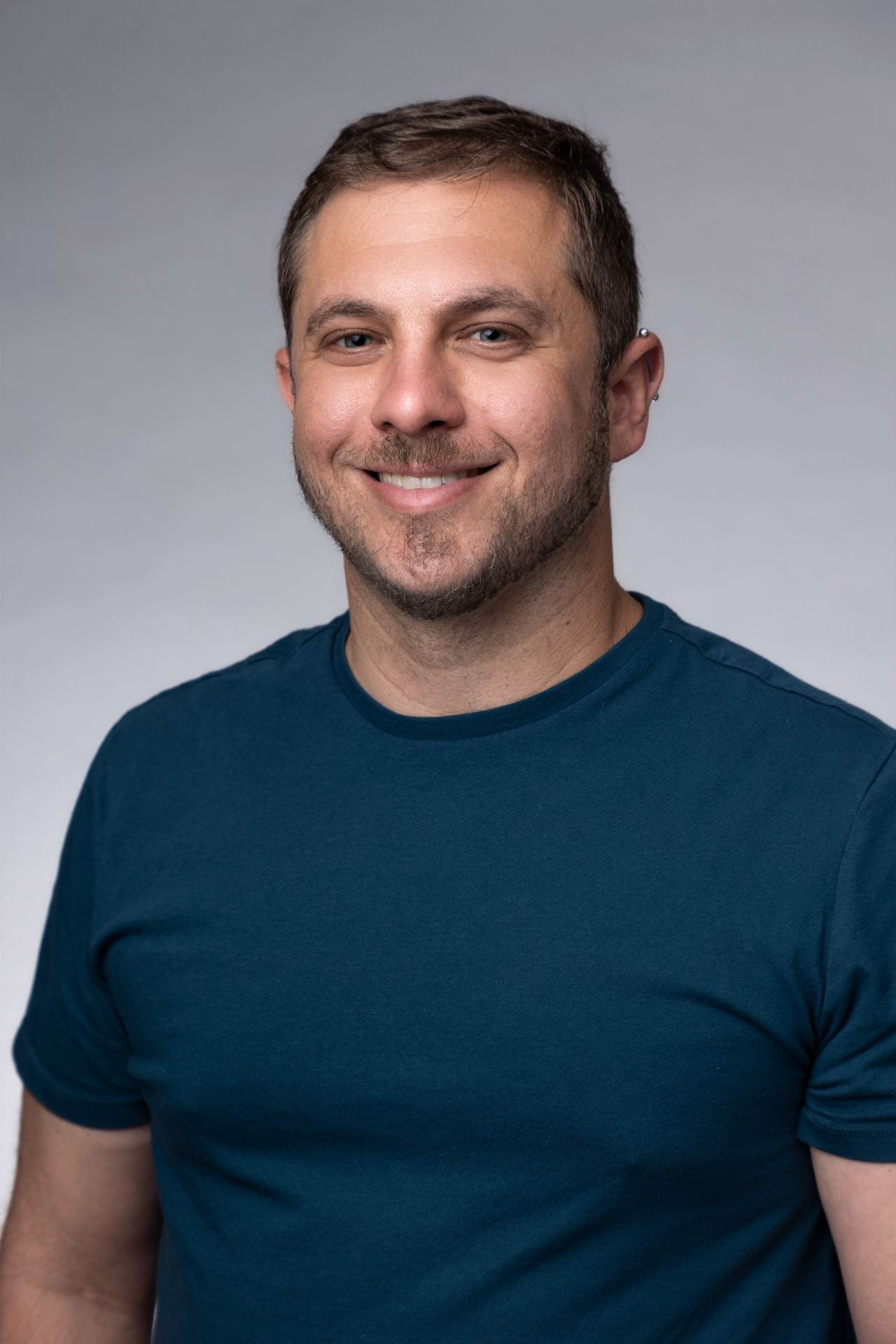Matthew Capriotti
 |
Associate Professor |
Current Research Activities
I do research in two areas. For the past 10 years, I've studied behavioral, non-drug treatments for Tourette Syndrome and other chronic tic disorders. I've done some other work looking at these disorders more broadly; some of this has involved looking at the nuances of how tic disorders work (i.e., disease processes), in order to understand how we might build better treatments. My work has also looked into how things other than behavioral therapy might be useful in improving the lives of people with these problems. My second area of research concerns the health of lesbian, gay, bisexual, transgender, and queer (LGBTQ+) people. I am interested in both mental and physical health. This work looks at how social factors (e.g., discrimination, stigma, etc) are linked to health outcomes for LGBTQ+ people. In addition, my colleagues and I work to understand what promotes resilience for LGBTQ folks who are exposed to these harmful social forces, but thrive nonetheless. We study these things in order to pave roads for better wellness programs for LGBTQ+ people, as well as better treatments for mental health problems when they do occur.
Research Connections to Current Events
Both my Tourette Syndrome research and my LGBTQ+ health research is very applied. Generally my work directly builds a treatment, looks at ways to expand the use of an existing science-based treatment, or lays the groundwork for building effective treatment based on a scientific understanding of what causes health and illness. Over the past decade or so, we have so much increased recognition of the need to offer effective healthcare solutions to all individuals in our society. There is also so much discussion of how this means more than just offering "the right medication to the right people". For one, there is a growing recognition that we need science-based psychotherapy and other non-drug treatments to promote heath in our society. My work engages this very directly. There has also been a huge conversation about expanding culturally-sensitive, scientifically-based healthcare, and my work in LGBTQ health and HIV engages these challenges.
Personal Connections to Research
Both of my parents are in the helping professions, so I knew I was headed there from a young age. As an undergrad at University of Florida, I spent most of my first year failing out of pre-med, but I also took a class on Applied Behavior Analysis, which was all about using scientific principles of learning to help people live healthier, happier lives. The professor of this class, Dr. Jesse Dallery, invited me to work in his lab, which was all about developing effective programs to help people stop smoking. Dr. Dallery's lab took a translational approach to this, which meant not just studying treatments for smoking, but also looking at how nicotine affected decision making, not just in people but even in animals. I was really inspired by this way of doing things...engaging science on the basic level and than fleshing out treatments based on this understanding. I was fortunate enough to find a graduate mentor, Dr. Doug Woods, who helped me learn to apply this approach to Tourette Syndrome, an area he studied. I found myself inspired by the way Doug took application even farther, engaging in advocacy on organizational and policy levels to expand access to scientifically-validated treatments. Along the way, I met a great group of colleagues who used a similar science-based approach to advancing LGBTQ mental health, and added this area to my work too.
Social Media
Other languages
Spanish